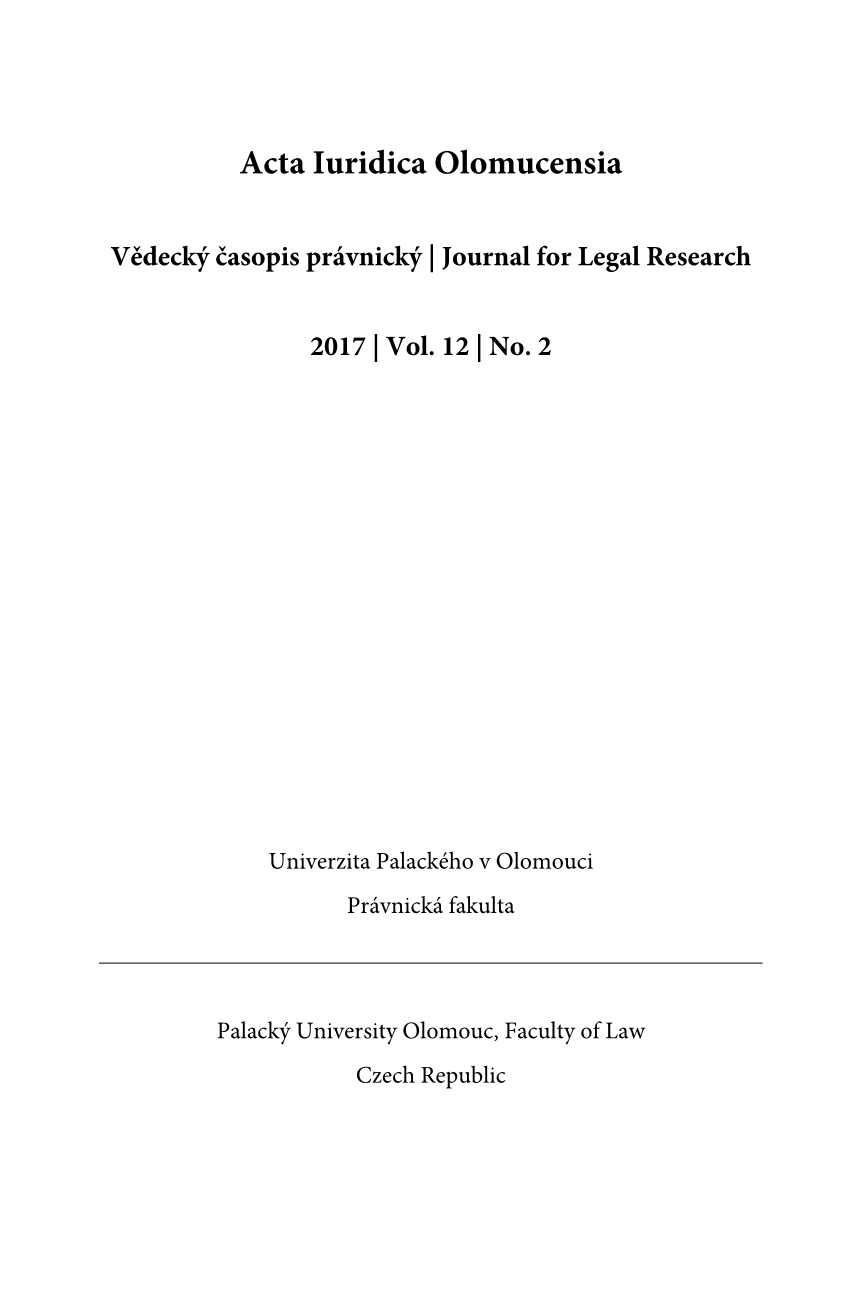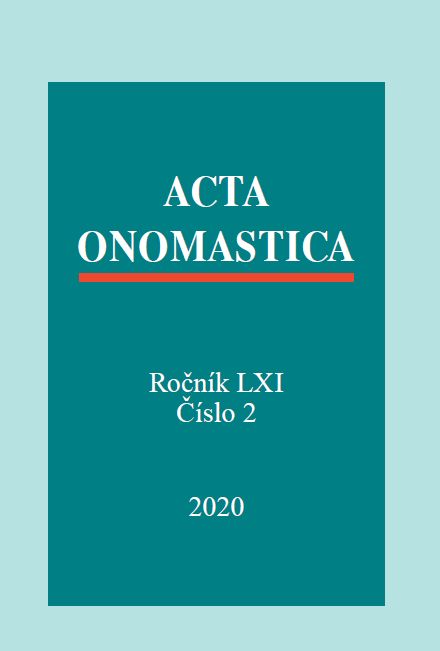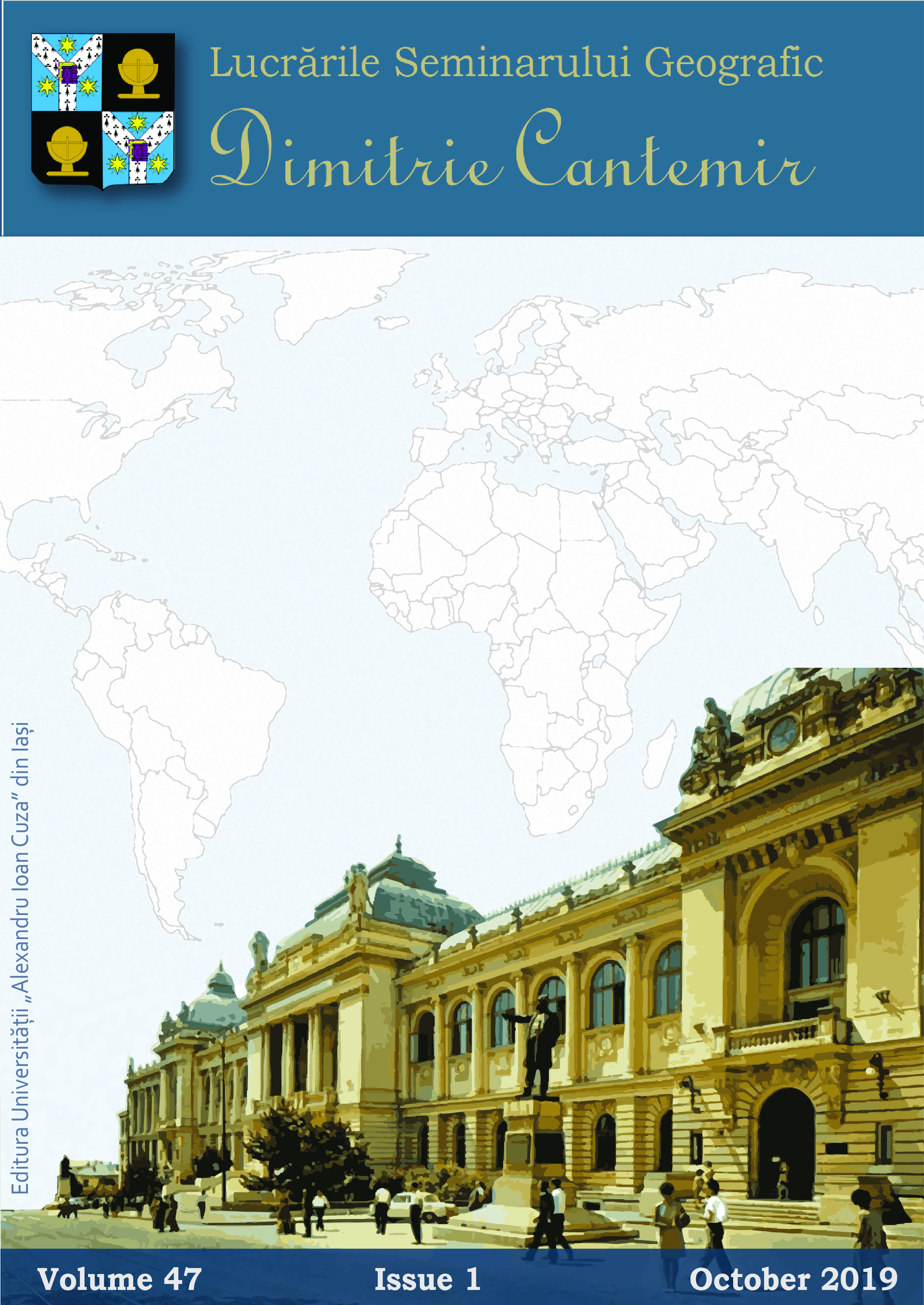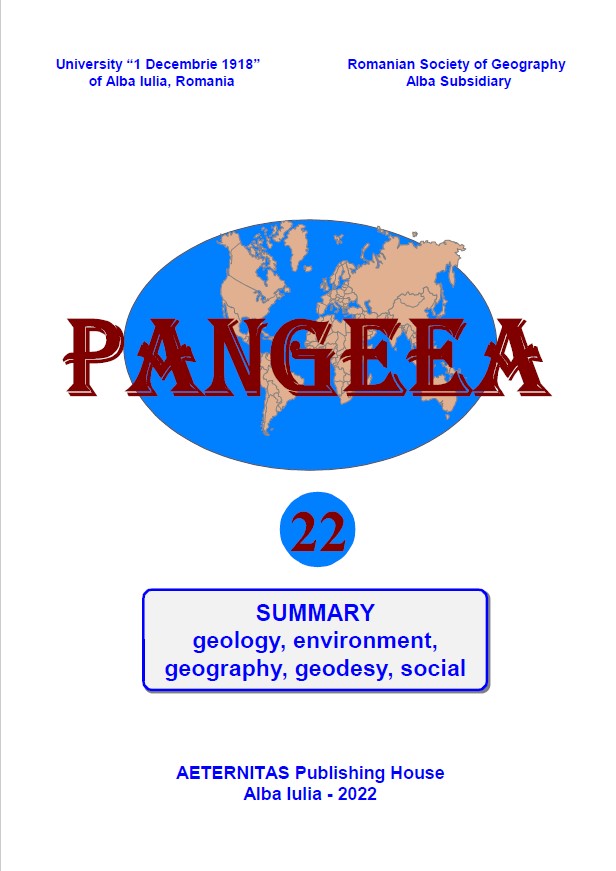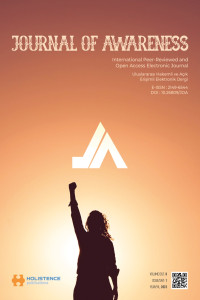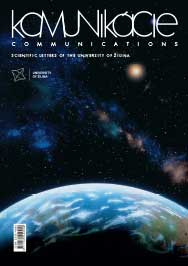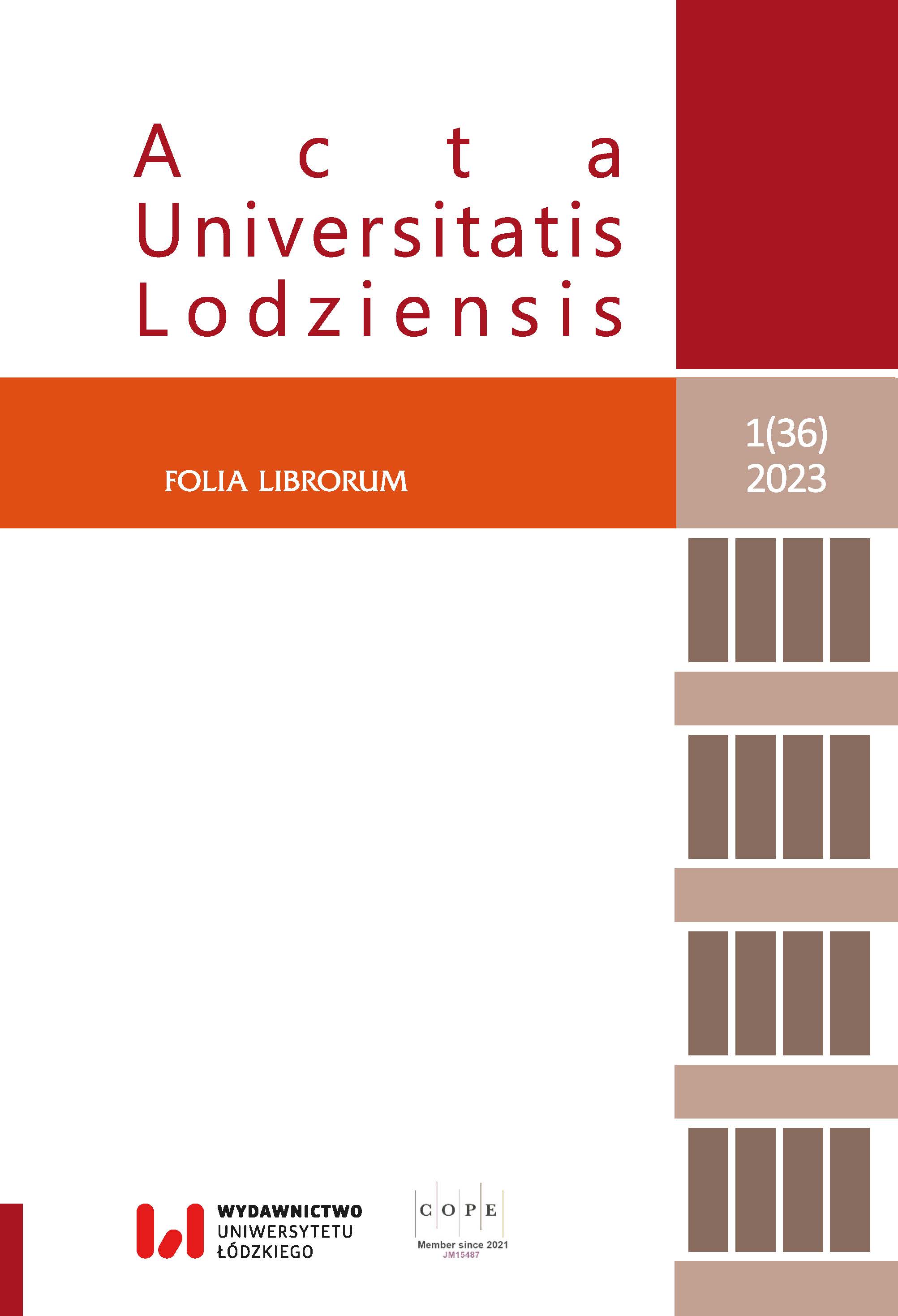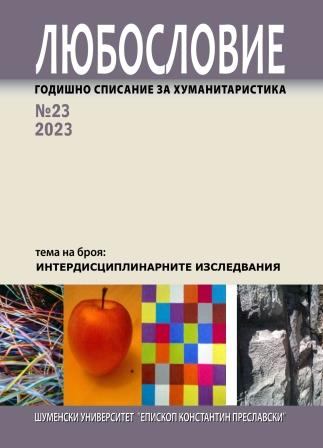Author(s): Kamil Kultys,Kamil Misztal,Maria Stadnicka / Language(s): Polish
Issue: 167/2022
The article presents ways to use renewable sources of energy in the 19th and early 20th century in the Zagożdżonka River basin (left tributary of the Vistula River). The river basin is located in central Poland, in the south of the Mazowieckie Province Physico-geo- -graphically, it is located within three mesoregions: the Vistula Central Valley, the Kozienice Plain, the Radom Plain. The aim of the study is to reconstruct the location of the renewable energy source receivers. Special attention was paid to the terrain conditions and settlement network. Archival sources were used to perform detailed analyses. The most important sources include archival maps: Topographic Chart of the Kingdom of Poland, Karte des westlichen Rußlands, the tactical map of WIG, The Geographic Dictionary of the Kingdom of Poland and Other Slavic Countries. Thanks to GIS tools, it was possible to reconstruct the location of linear (watercourses), surface (mill ponds, forests), and point objects – water wheels and windmills. Several spatial analyses (density of water wheels and windmills, geomorphological position, density changes) were performed using GIS software. The wind potential (Wind Effect) was also calculated, to which the location of windmills was related. The population density in the water basin was reconstructed, which gave a picture of the socio-economic space. The results of the analyses indicate the dynamic development of milling in the 19th and early 20th century. The reconstruction of the then existing settlement network provided a basis for relating the location of mills to the socio-economic conditions in the river basin. The highest densities of mills were found near the largest towns, e.g. Kozienice, Czarnolas, and Policzna.
More...
